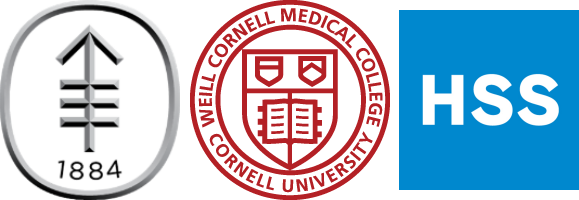EnCCoMPass Protocol Help
Protocol Development Overview
The use of animals for biomedical research, testing, or training must be conducted in a manner which prevents, minimizes, or eliminates pain and distress, while using the minimal number of animals needed to address the stated goals. Federal and/or state regulations and policies require that all experiments, tests or teaching exercises involving animals be approved by an Institutional Animal Care and Use Committee (IACUC) prior to their initiation. The IACUC is composed of administrators, physicians, scientists, veterinarians, and lay members from the community. The principal questions that the IACUC must address are:
- Are the proposed studies, testing, teaching exercises of sufficient importance to warrant the use of animals?
- Are the studies designed to cause the least harm possible in order to answer the proposed question?
- Is the number of animals requested appropriate to answer the proposed question?
- Does the staff utilizing the animals have sufficient experience and training to execute the studies/training?
It is essential that the use of animals described in the approved protocol be followed. Written records that document when and how animals are monitored during and after experimental procedures must be maintained. Performing unapproved procedures is a violation of MSKCC and WCMC Policy, as well as federal and state laws and/or policies and will be addressed by the IACUC. The IACUC is mandated to report unapproved activities to the NIH. Staff who become aware of violations, particularly violations which can cause harm or unnecessary pain to animals, are strongly encouraged to report the violations to the IACUC or other appropriate institutional officials. Details can be found on the MSKCC and WCMC IACUC intranet site. The IACUC can be informed anonymously. Notifications will be handled confidentially.
Development of a protocol in the EnCCoMPass Protocol Module is a dynamic process. Only sections and questions relevant to your application are presented for completion, therefore it is essential that responses to questions are accurate.
Importantly, provide simple, direct answers to the questions and use non-scientific terminology where requested. Although it is understandable that your research may employ a complex experimental design and analysis that may be difficult for the IACUC, especially the lay member(s), to comprehend, you should strive to present the information clearly minimizing the use of scientific jargon. Your protocol need not address all possible studies that you may need to conduct in the next three years, as later studies may be based on early results and your protocol can be amended following approval. Describe the studies you are confident you will be conducting and, if needed as your studies progress, submit addenda that describe changes in methodology, or request additional animals required to refine or expand upon your results.

